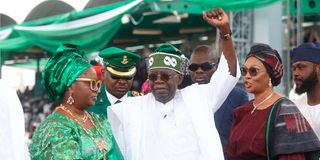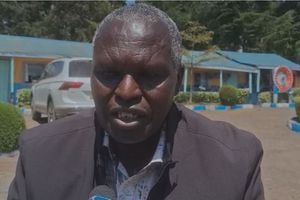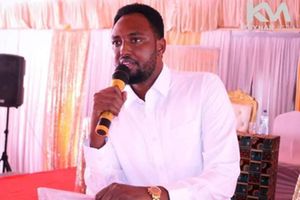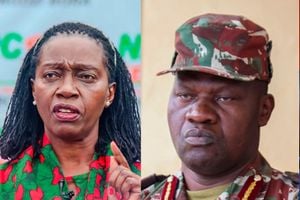Nigeria's president calls for end to protests against economic hardship

Bola Tinubu during his inauguration as Nigeria’s president in Abuja on May 29. Critics say he is not committed to improving university education funding.
Nigeria's President Bola Tinubu called on Sunday for a suspension of protests against a cost of living crisis, saying this would create an opportunity for dialogue, his first public comments since frustrated citizens took to the streets last week.
Amnesty International has said at least 13 people were killed in clashes with security forces on the first day of protests on Thursday. Police denied using excessive force and said seven people had died as of Saturday - four from an explosive device during a march in northeast Borno state, two who were hit by a car and another who was shot by a guard when protesters looted a shop.
In a televised broadcast, Tinubu called for an end to violence in several states since the protests started, saying he was always open to dialogue.
"My dear Nigerians, especially our youth, I have heard you loud and clear. I understand the pain and frustration that drive these protests, and I want to assure you that our government is committed to listening and addressing the concerns of our citizens," he said.
Nigerians have been mobilising online to organise protests against economic hardship and bad governance and have called for a cut in petrol prices and electricity tariffs, among several demands.
Nigerians continue third day of hardship protests
Tinubu, in office since May 2023, defended his economic reforms, which have included a partial end to petrol and electricity subsidies and devaluation of the naira, as necessary to reverse years of economic mismanagement.
His government revenues had more than doubled to 9.1 trillion naira ($5.65 billion) in the first half of this year while 68% of revenue now went to debt servicing, down from 97% before he took office in May last year.
The government was also ramping up spending on infrastructure projects, started a loan scheme for university students and was building thousands of housing units across Nigeria's 36 states, the president said.
"But we must not let violence and destruction tear our nation apart," said Tinubu.





